Cross Border Community Resilience (CBCR)
The Cross-Border Community Resilience (CBCR) Activity was a regional program funded by USAID and designed to enhance resilience and thus reduce the need for humanitarian assistance among communities in the cross-border clusters of Karamoja, Moyale and Mandera. Focusing on communities that live across the borders of Ethiopia, Kenya, Uganda, South Sudan and Somalia, the activity aimed to empower local entities, including communities, civil society, private sector and governments, to chart their own pathways for addressing conflict, improving livelihoods and/or reducing the risks of shocks and stresses. CBCR worked to foster local ownership of development investments by supporting local leadership in work planning, implementation, monitoring and learning.
Budget: USD 245,496
Project Period: June 2023 – April 2024
Donor: USAID
Implementing Partners: Governments, Community Organizations, Local Development organization
Project Objectives
Contact
Dr. Osman Babikir
Head, Research, Policy & Knowledge Management
IGAD Centre for Pastoral Areas and Livestock Development
- Kabete Vetlabs, Kapenguria Road, Off Waiyaki way.
- Tel: +254 737 777742 Mobile: +254 718 471397
- [email protected]
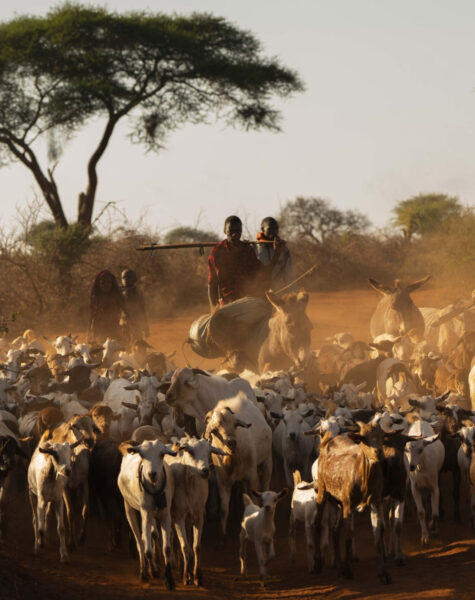
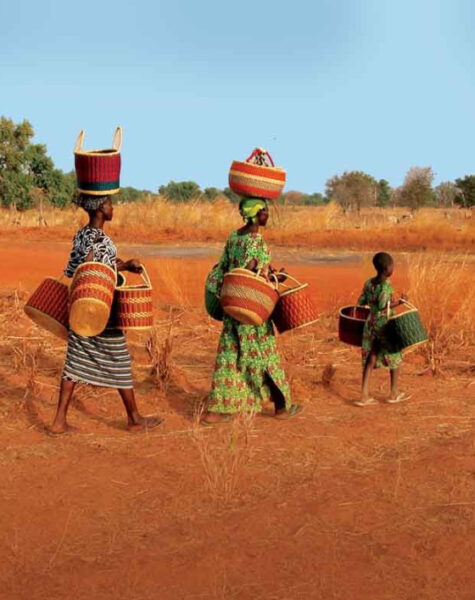
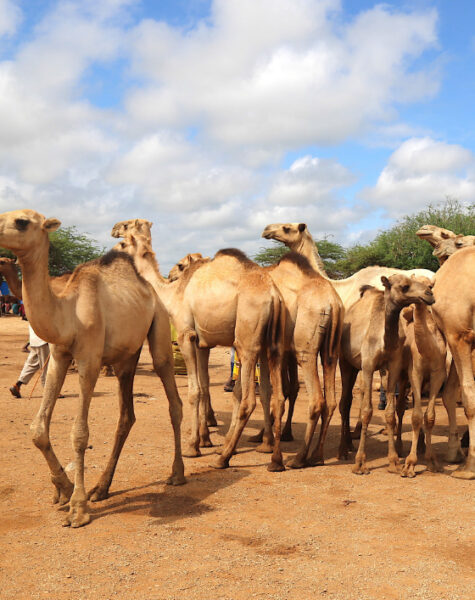
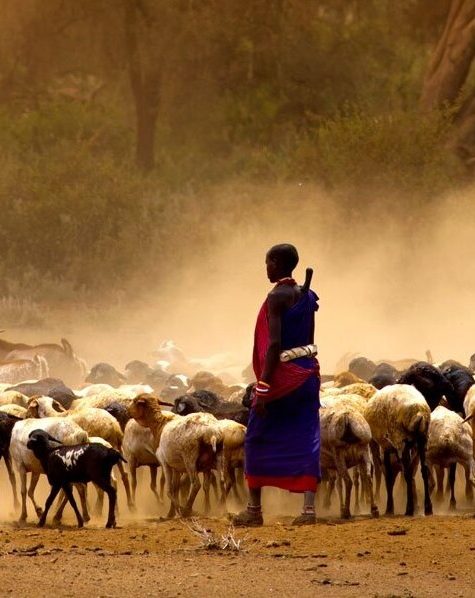
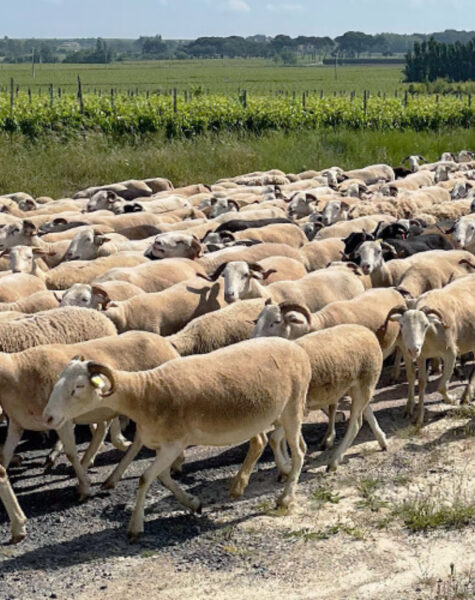
Sed ut perspiciatis unde omnis iste natus error sit voluptatem accusantium doloremque lau dantium, totam rem aperiam, eaque ipsa quae ab illo inventore veritatis et quasi archi tecto beatae vitae dicta sunt explicabo.
Nemo enim ipsam voluptatem quia voluptas sit aspernatur aut odit aut fugit, sed quia conse
quuntur magni dolores eos qui ratione voluptatem sequi nesciunt.
Nemo enim ipsam voluptatem quia voluptas sit aspernatur aut odit aut fugit, sed quia conse
quuntur magni dolores eos qui ratione voluptatem sequi nesciunt.
Sed ut perspiciatis unde omnis iste natus error sit voluptatem accusantium doloremque lau dantium, totam rem aperiam, eaque ipsa quae ab illo inventore veritatis et quasi archi tecto beatae vitae dicta sunt explicabo.
Sed ut perspiciatis unde omnis iste natus error sit voluptatem accusantium doloremque lau dantium, totam rem aperiam, eaque ipsa quae ab illo inventore veritatis et quasi archi tecto beatae vitae dicta sunt explicabo voluptatem sequi nesciunt.
Nemo enim ipsam voluptatem quia voluptas sit aspernatur aut odit aut fugit, sed quia conse
quuntur magni dolores eos qui ratione voluptatem sequi nesciunt.
Contact
- Kabete Vetlabs, Kapenguria Road, Off Waiyaki way.
- +254 737 777742
- [email protected]



